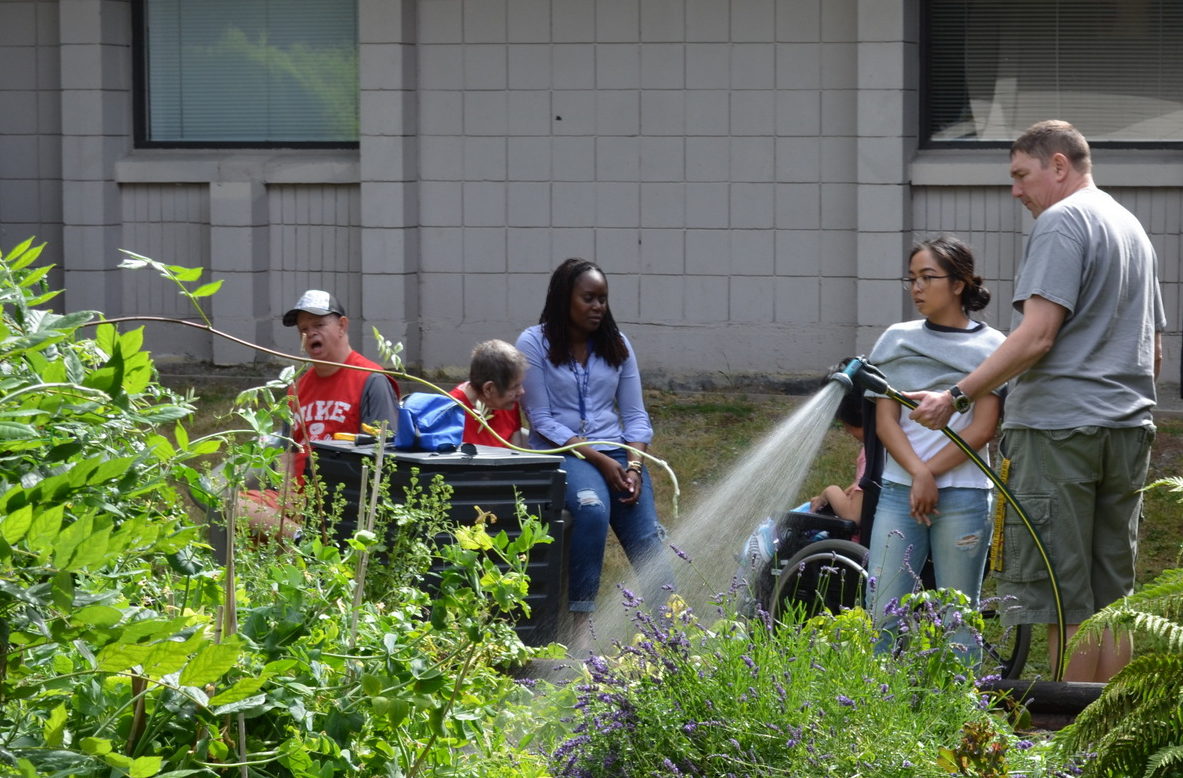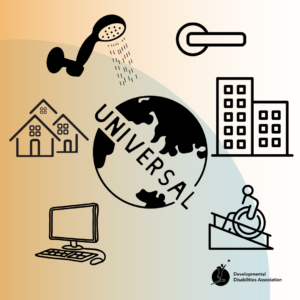Last year, Peter Kurliak celebrated 35 years working with DDA.
Peter started his career with DDA as a Community Support Worker at Grandview Day Program. After 15 years of working at Grandview, Peter became a manager at our Residential Programs and held this position for 10 years. After this period of time away from Grandview Day Program, Peter realized that he loved his former role as a Community Support Worker and the clients he worked with so much that he decided to return.
His experience in the field began when he was in university as a Child Support Worker, which was what led him to fall into his career at DDA: “This is the first job that I had after finishing my degree. Within the first week, I knew this was for me. I liked it so much that I just decided to grow a career at DDA,” Peter revealed.
We had a chance to speak with Peter about his experience at DDA, and the satisfaction he has had for over 35 years working in a job that has no “typical” days and has motivated him to stay not only in the field, but with DDA.
Was there a specific connection that happened in that first week that made you feel like this would be a full-time career for you?
Well, my first clients and I had a bond right away. I just liked the fact that we were trying to help people develop skills to their maximum potential and to be the best they could be. I thought that was special, and that’s why I never really wanted to leave this field, and not even the association.
And you and your client have had that bond for 35 years?
Even though I left the program to pursue my career as a Manager within the organization, I kept in touch with them because they were all special to me. When I decided I wasn’t going to manage anymore, I really wanted to come back to Grandview. I was really lucky I got the opportunity to come back, and here I am again.
Can you walk us through a typical day of work here?
We start our shifts with a morning meeting where we discuss important matters relevant to the people we support, our schedule and we debrief about our previous day. While we are waiting for everybody to show up, we catch up on paperwork, reassess the goals set by our clients in their ICSPs (Individual Client Services Plans), and get ready for the activities that we have been scheduled to. As the clients start arriving to the program, we socialize and explain to them what the plan for the day will be.
At 9 a.m. we are all set to start our adventure. We work all year-round to support our clients in developing new skills through a wide variety of classes like cooking, academic, art, photography, and augmentative communication classes. We divide our schedule in summer and winter activities. In the summer we try to make the most out of the beautiful weather through activities like paddle boarding, sailing, hiking, gardening and outdoor concerts. In the winter, most of our activities are indoors, like swimming, skating, and bowling.
Your day as a Community Support Worker goes by fairly quick. We end our shifts debriefing about our day, and discussing about relevant information concerning the individuals we support.
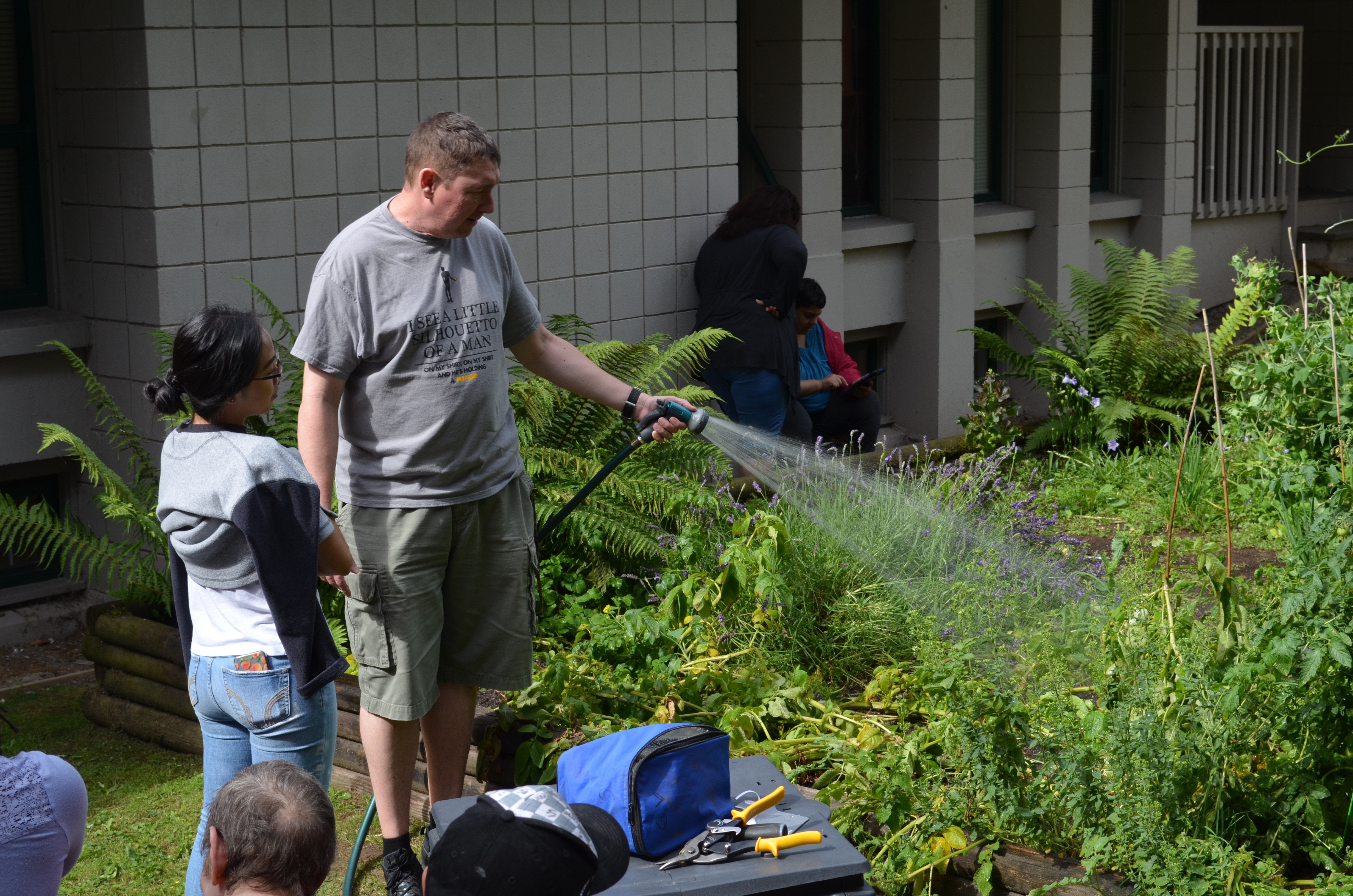
I guess there isn’t a “typical” day, per se.
Every day is different. That’s what the afternoon meeting is for: if something unusual happened, we talk about it, and discuss ways to improve our performance, either by continuing doing what we are doing or by reassessing the situation. Communication is key in this job, and we are continuously adapting and reviewing our current plans.
What would you say motivates you to do what you do?
The clients motivate me. I don’t want to say they’re special and heroes and stuff, because I think that’s taking away from them a little bit. I respect that they are adults and have their own wishes.
You have to respect that. It’s very motivating to assist them in the process of setting up goals for their ICSPs because it is when you get to hear what they want, what they expect and what their dreams are.
Would you say that helping the clients to reach their goals is one of the most fulfilling parts of the job?
It’s very fulfilling. For someone starting out in this job, I’d say that’s one of the greatest things about the job. Not only you are helping people achieve their goals, but seeing them every day achieve a step forward to their final goal. Like yesterday was a great day: Our clients were on the water, and they were so happy.
Sailing can be a big milestone for some clients. A few years ago, a client was afraid to try sailing. However her key worker was convinced that sailing would benefit the client positively. The client sailed for the first time ever with the support of her key worker. The key worker not only offered physical support by sailing together with the client, but also by being persistent and patient persuading the client to go beyond her “limits”. Nowadays, this client looks forward to add sailing as one of her ICSP’s goals for the summer.
The same way that a client went sailing and overcame her fears, we want other clients to believe in themselves. For example: We are currently assisting a client to build literacy skills to be able to read the newspaper that he enjoys getting on his outings.
What would you say are the most crucial skills needed to succeed in this job?
One is a sense of humour. If you don’t have a sense of humour, you’re not going to make it long.
Two is patience. You have to be patient. You can’t expect all ICSP goals to be achieved in that first year, or in that second year, sometimes. For example, I’ve been doing communication programming with a specific client for three years, and I have seen improvements, but it’s a process. So patience is important.
And of course, the third is flexibility. You have to be willing to adapt. We are constantly adapting to changes. We have to be flexible, adapt and readjust. We have to move forward with what we’ve got, and not what we want.
Do you feel like people have certain preconceptions of what this job is like before coming in?
Sometimes people with good hearts will see you in the community and tell you how special you are for doing what you do. But you’re not special, because you’re taking as much as you’re giving.
You get so much from doing what you do that it’s not special. I’m not special at all. In fact, I’d say I’m a bit selfish, because I get a real sense of accomplishment out of goal setting, and seeing them get what they want.
Some people think that the job is going to be somehow scary. They’re picturing something they see in the movies that isn’t reality at all. Our guys are very personable and friendly; they enjoy company. It’s a very satisfying job.
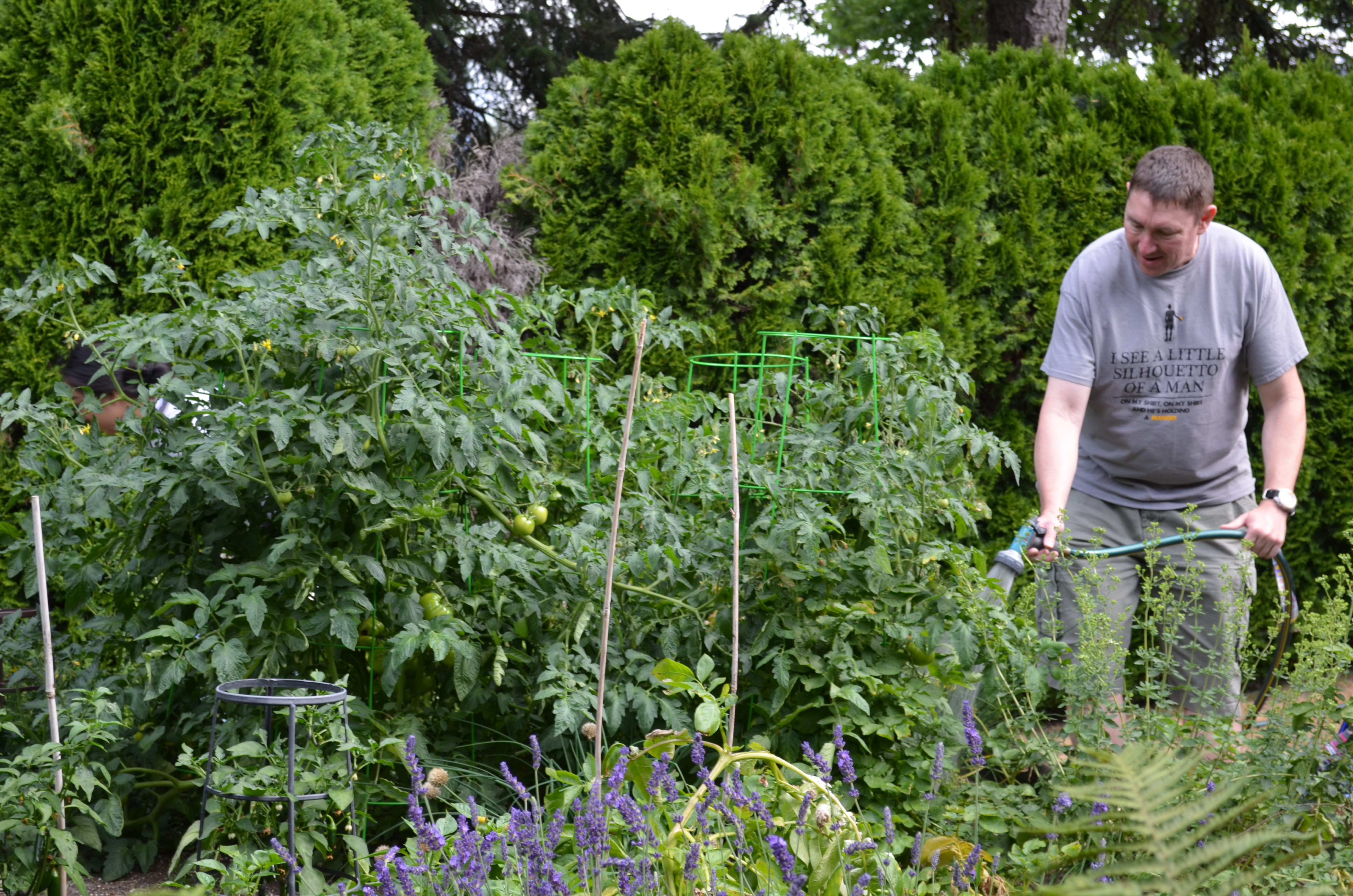
I imagine a lot of it has to do with getting along with the people you’re working beside you too.
Yeah, that’s crucial. If you don’t have a good staff team, you’re not going to establish much. The staff team here is very close. You have to have a team that’s going to support each other.
This job can be frustrating at times like any other job. It’s just great to have a co-worker come to you and say, “Look, I can step in for a while, take a break.” This happens because we care about each other, and it’s what makes DDA a great place to work at. We work together enough that we can read each other’s expressions and we know when we can step in without being asked to.
What would you say to someone starting out or considering joining the DDA team?
Expect challenges and enjoy the team. The fact that we have managers that support us makes it a lot easier to work and give the best of us on day to day basis. They give us the tools that we need.
Also, expect that you’re going to work, but it’s going to be good work. You’re going to meet a lot of really good people, probably more so than other fields.
Don’t expect to get rich, but expect to feel really good at the end of the day. You are going to be tired, but the good kind of tiredness. At the end of the day, you will be able to say “I did something worthwhile today”, and that’s what is really important at least for me.
It is not an easy job, but it can be a very fun job and also fulfilling. It’s a fulfilling career.
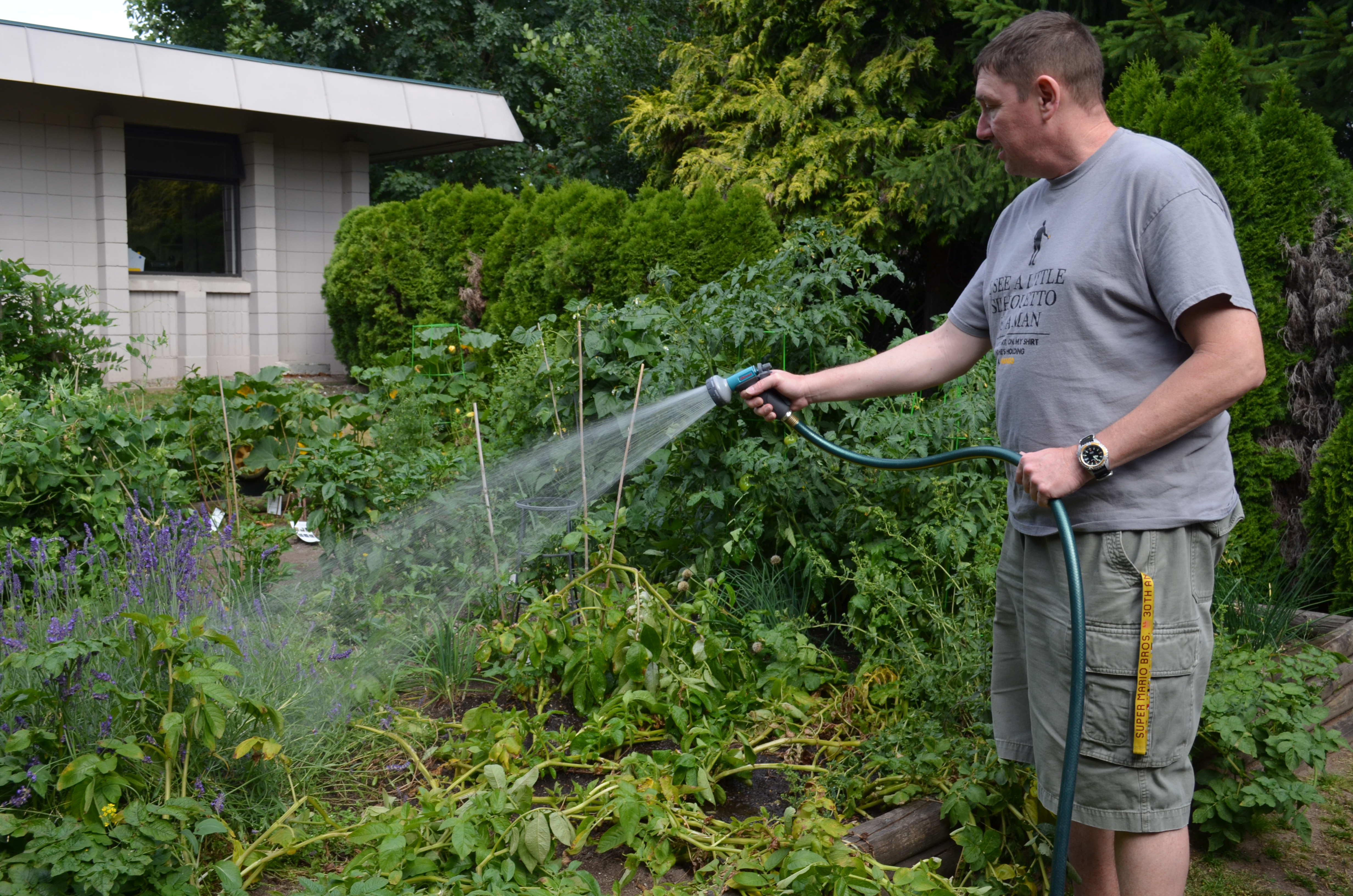
It’s uncommon to find a career lasting over 35 years in the same organization. Yet, it is even more astounding to find a career that continues to surprise and motivate a person on a day-to-day basis. Like any other job, there can be difficulties, but like Peter’s 35 years of experience shows, the progress from the challenges and the genuine connections with fellow staff and clients are what make each day so rewarding.
DDA is currently hiring for Community Support Workers. If you have a great sense of humour, patience, and are looking for a fulfilling career and meaningful connections, join us today!
